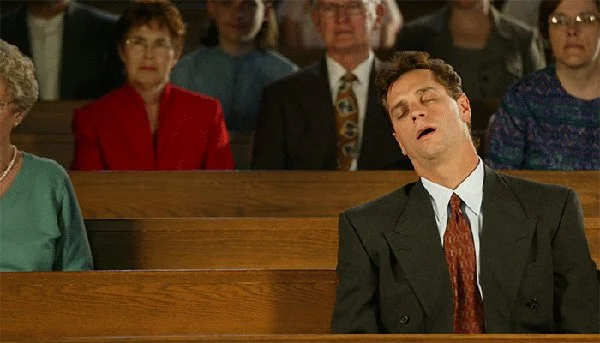“Our country has never been more divided.”
We have heard this a lot recently and as true as it might be in my lifetime, socio-political division like we know today is a reoccurring reality that dates back to the civil war. The issues change – slavery, communism, war, civil rights – but almost every generation of our country has seen violent polarization. But what place does this division have in our churches, as we express the unchanging ethic of God’s Kingdom? We live according to God’s eternal and objective truth. Our King is the model of truth, humility and grace – even toward His enemies. And we are to live according to His Spirit who wants to fill us with love, power and self-control (2 Timothy 1:7).
There is a lot on the line culturally this election year and there are important issues that will practically impact our lives and the lives of our neighbors. Our vote and political engagement matter, but the political in-fighting and division in our country has no place in our church. Here are 5 reasons why…









